Water Heater Repair:
Essential Troubleshooting Tips
When faced with common water heater problems, it can be frustrating and costly. Our comprehensive guide offers practical tips and smart repair advice to help you troubleshoot and resolve issues with your water heater. From addressing a pilot light that won't stay lit to tackling sudden leaks, we provide step-by-step instructions and valuable insights to assist you. With our guide, you'll have the knowledge and tools to overcome typical water heater problems and restore reliable hot water in your home.

How does a water heater work?
Having a basic understanding of how a water heater operates is essential for effective troubleshooting. Cold water enters the tank, and either gas burners or electric heating elements warm the water inside. The heated water then travels through the plumbing system to reach your faucets and appliances. As you use hot water, the tank refills with cold water to be heated again.
By familiarizing yourself with these fundamental principles, you can better identify and address potential problems with your water heater. Whether it's a lack of hot water, unusual noises, or leaks, understanding the basic workings of your water heater will empower you to troubleshoot and resolve issues more effectively.

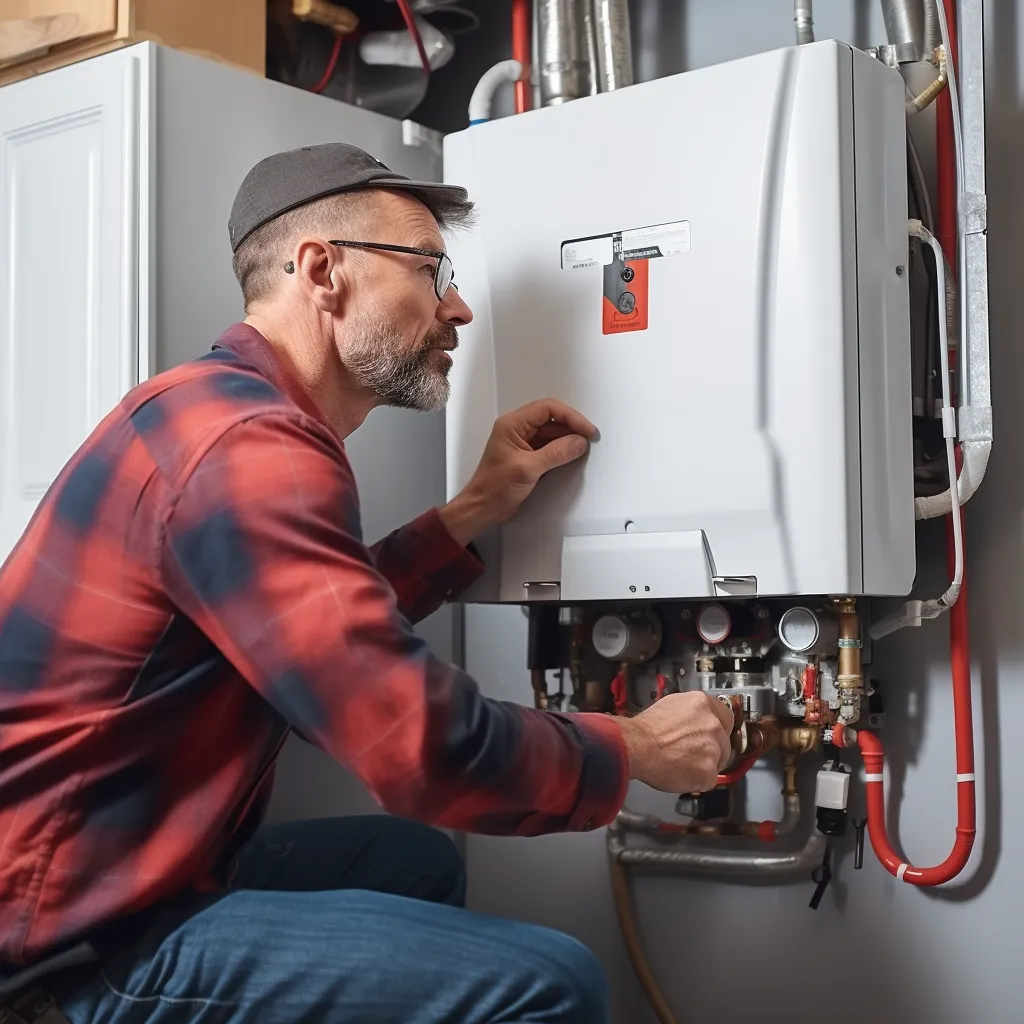
Maintenance is essential
Regular maintenance is vital for maintaining the optimal performance and longevity of your water heater. By implementing simple maintenance measures, you can avoid unexpected breakdowns and ensure a continuous supply of hot water.
One crucial maintenance task is the annual draining and flushing of your water heater. This process helps remove sediment buildup that can affect efficiency and potentially damage the tank. By clearing out accumulated sediment, you can improve the overall performance and extend the lifespan of your water heater.
Additionally, inspecting the temperature and pressure relief valve is essential. This valve helps regulate pressure within the tank and ensures safe operation. Regularly checking the valve and ensuring it is functioning correctly will help maintain efficient and safe water heater operation.
What are common signs a water heater needs to be repaired or replaced?
Water temperature fluctuations: If you notice inconsistent hot water temperatures, it could indicate a problem with your water heater. This may be due to a faulty thermostat or heating element that requires repair or replacement.

Inadequate hot water supply: If your water heater isn't producing enough hot water to meet your household's needs, it could be a sign of sediment buildup, a malfunctioning heating element, or an undersized unit. A professional can diagnose the issue and recommend the appropriate solution.
Strange noises: Unusual sounds such as popping, banging, or rumbling coming from your water heater may indicate sediment accumulation or a buildup of pressure. These issues should be addressed promptly to prevent potential damage to the unit.
Leakage: Any signs of water leakage around your water heater should be investigated immediately. Leaks can stem from loose connections, valve issues, or tank corrosion, and they can cause significant water damage if not addressed promptly.
Rusty or discolored water: If you notice rust-colored or discolored water when using hot water, it may indicate corrosion within the tank. This is a serious issue that requires immediate attention to prevent further damage and ensure the safety of your water supply.
If you observe any of these signs, it's advisable to seek professional water heater repair services. They can diagnose the problem, recommend the appropriate repairs or replacement, and ensure the continued functionality and safety of your water heater.
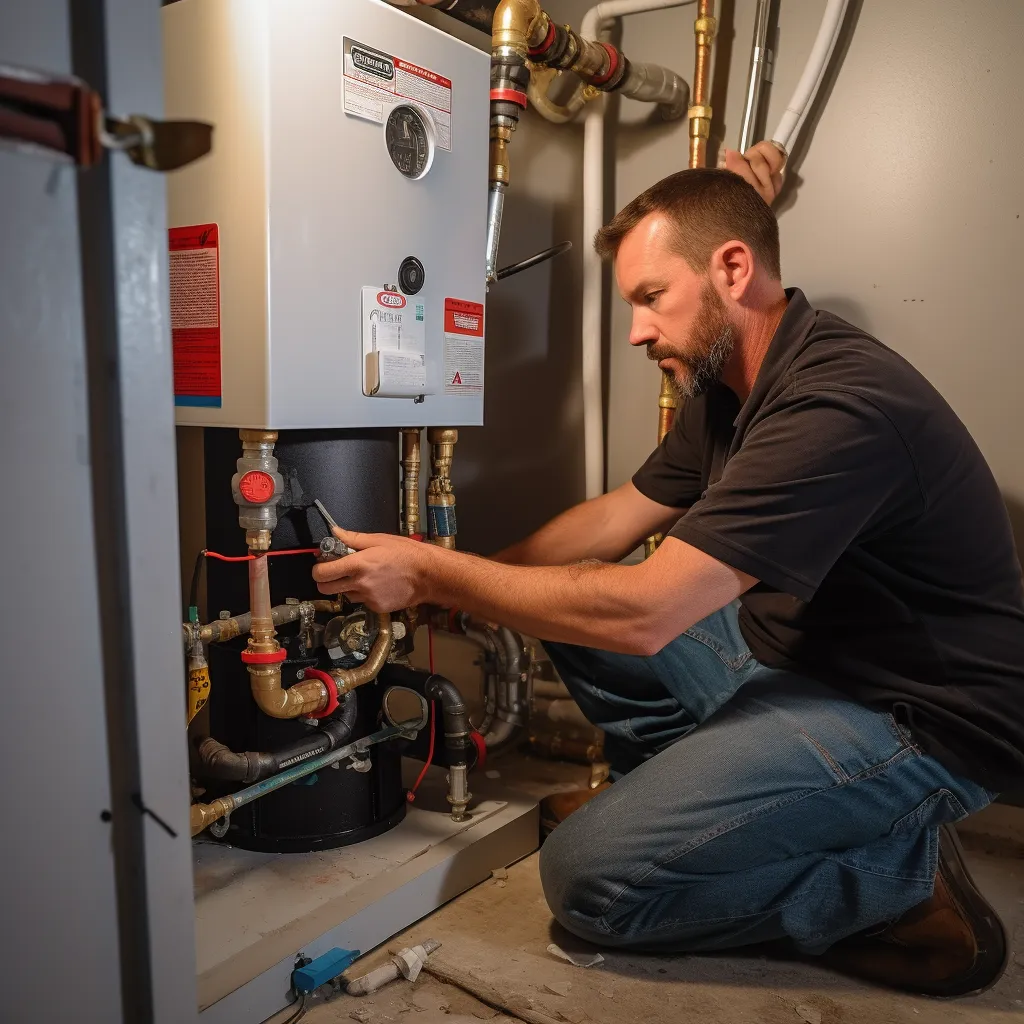
What are the possible causes of water heater malfunctions?
Water heaters play a crucial role in providing hot water for various household needs. Whether you're considering a repair or replacement, it's important to have a basic understanding of common water heater issues. From insufficient hot water to leaks and strange noises, identifying these problems can help you take the necessary steps to address them. Regular maintenance, timely repairs, and professional assistance when needed can ensure the continued functionality and efficiency of your water heater, providing you with reliable hot water when you need it.
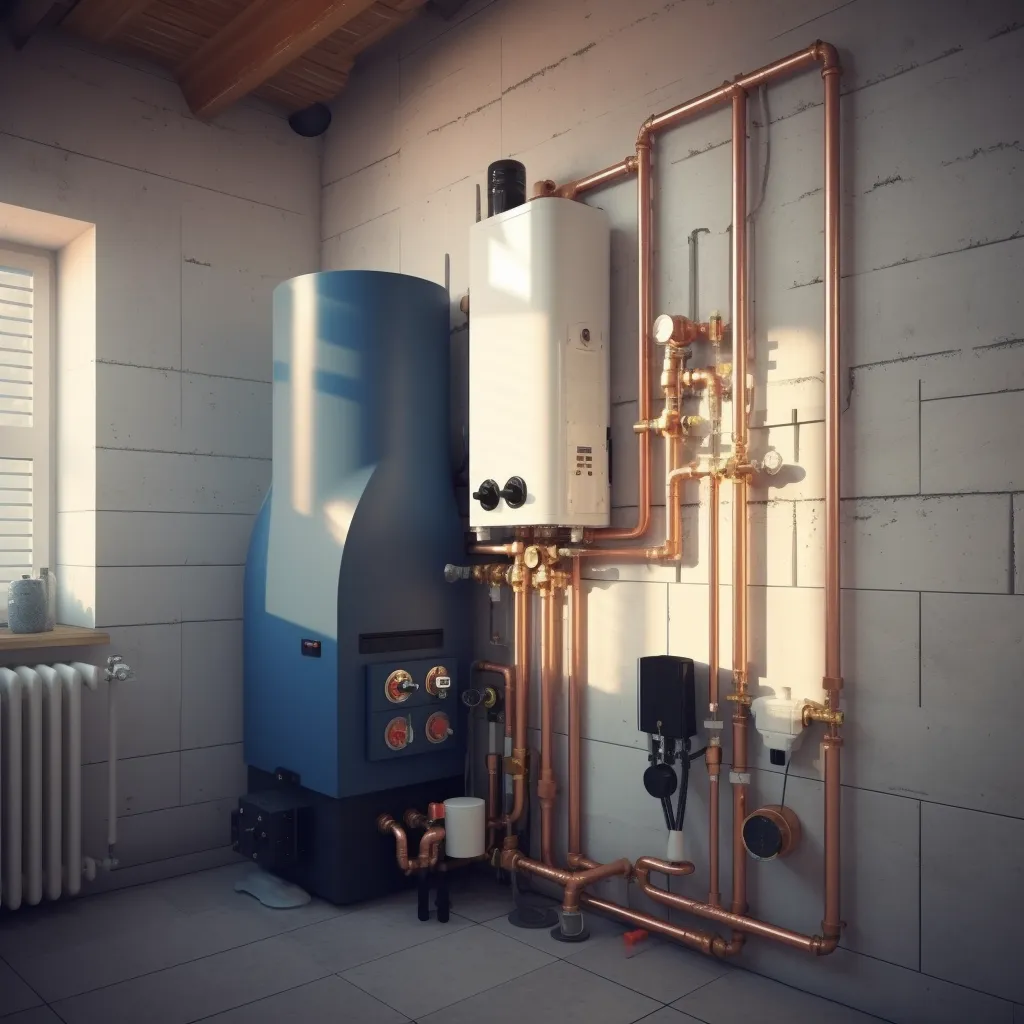
Set the temperature
Finding the ideal temperature setting for your water heater is important for both safety and efficiency. By setting the temperature too high, you risk scalding and wasting energy. On the other hand, setting it too low may result in insufficient hot water for your needs. It is recommended to set the water heater temperature to around 120°F (49°C) as recommended by the Department of Energy. This temperature strikes a balance between ensuring safety from scalding and maximizing energy efficiency. By maintaining the appropriate temperature, you can enjoy a comfortable and efficient hot water supply while minimizing potential risks.


Perform regular
visual inspections
Regular visual inspections are essential to ensure your water heater's proper functioning. Look for signs of leakage, corrosion, and unusual noises. Promptly address any issues or seek professional assistance if needed.
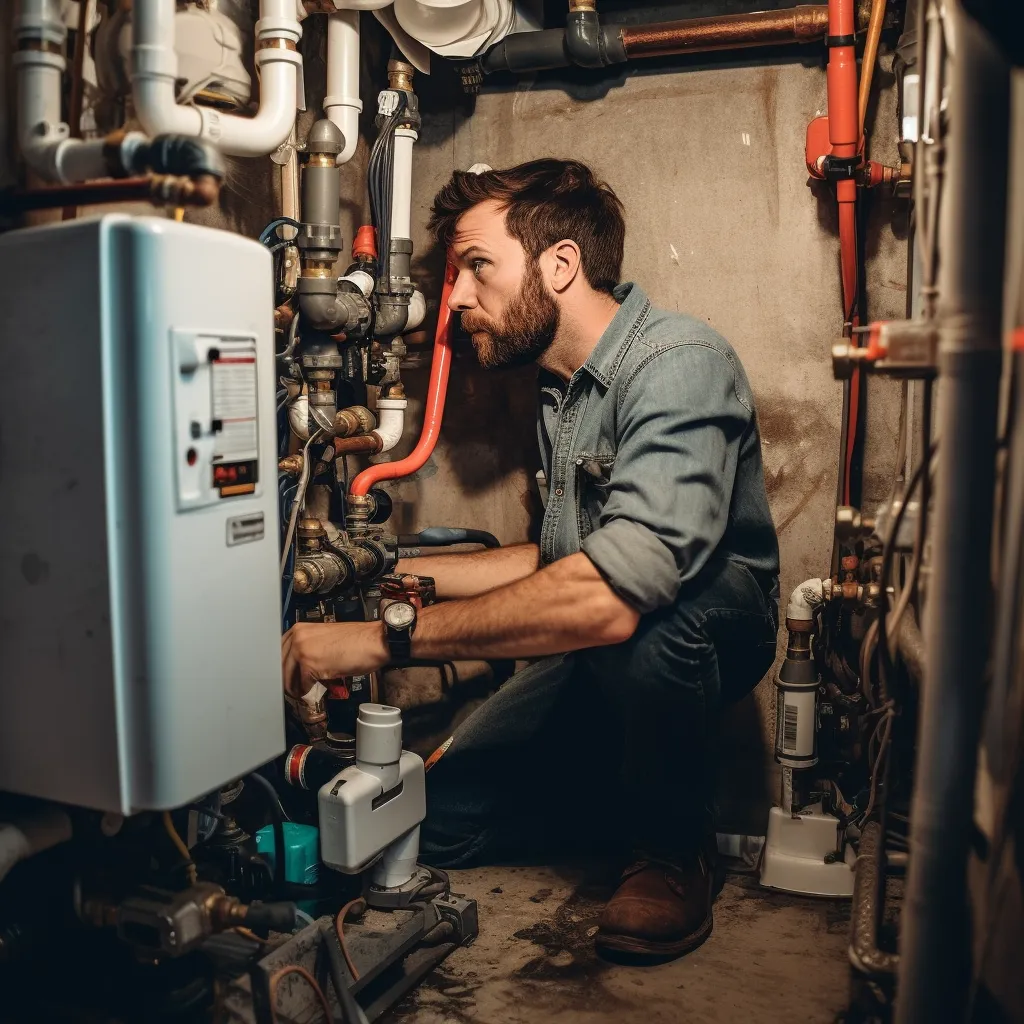
Test the water heater pressure relief valve
to make sure it works
Regularly testing the water heater pressure relief valve is essential to ensure its proper functioning. This valve helps release excess pressure that can build up inside the water heater, preventing potential damage or even explosions. By testing the valve periodically, you can verify that it is working effectively and providing the necessary pressure relief.
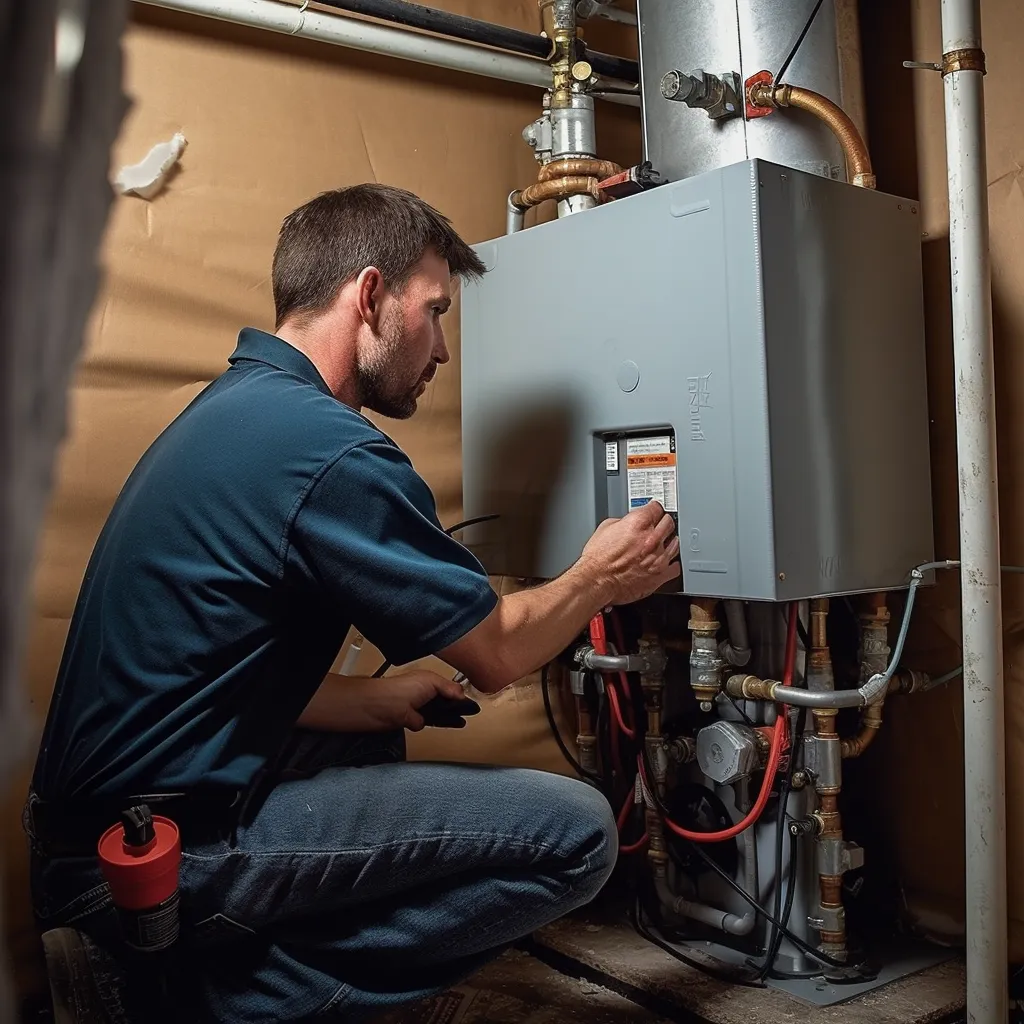
Check for signs of rust and corrosion
around the water heater tank
Regular inspections of your water heater tank are crucial for preventive maintenance and minimizing the risk of leaks and accidents. By proactively identifying and addressing rust or corrosion, you can prevent potential issues and extend the lifespan of your water heater. It's important to seek professional assistance if you detect any signs of rust or corrosion during your inspection, as handling these issues requires expertise.

Water heater connections should be tight and secure
Make sure connections in your water heater are tight and secure. This will prevent problems with potential leakage probems.

Keep the water heater and pipes free of sediment buildup
Over time, your water heater and pipes can suffer from a buildup of sediment. Be sure to keep your water heater and pipes free of sediment buildup with regular maintenance.


Keep the water heater burner assembly clean
Regularly cleaning the burner assembly of your water heater is crucial for optimal performance. Accumulated debris and dust can obstruct the flame, leading to inefficient heating and potential damage to the system. By prioritizing the cleaning of the burner assembly, you can eliminate any dirt build-up and ensure its proper functionality.
Cleaning the burner assembly offers several advantages. It helps prevent costly repairs that may arise from clogged burners or damaged components. By promptly removing debris, you can avoid issues that could compromise the overall operation of your water heater. Additionally, maintaining a clean burner assembly contributes to energy efficiency and extends the lifespan of your system.
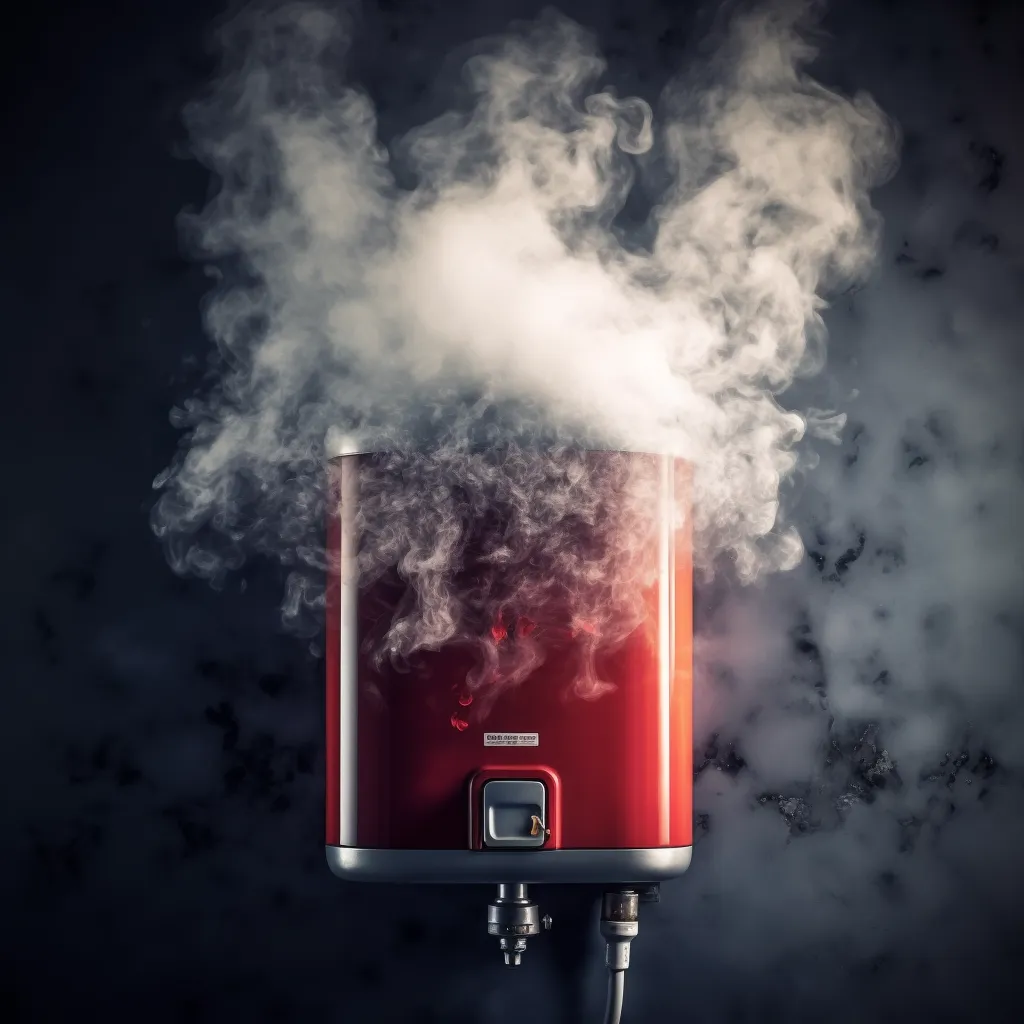
Check out the variety of water heater options available and learn how to keep each type in tip-top shape
Homeowners should familiarize themselves with the different types of water heaters available and understand the specific maintenance requirements associated with each type. By being aware of these maintenance needs, homeowners can effectively care for their water heaters and ensure optimal performance and longevity.
Gas water heaters: Perform an annual tank flushing to remove sediment buildup.
Electric heaters: Replace the anode rod as needed, based on age and condition.
Tankless models: Descale the unit every few years to maintain optimal heating element performance.
Solar heaters: Conduct an annual check to assess panel functionality and other components.
Condensing water heaters: Schedule annual maintenance checks to detect and address potential corrosion and other issues.
Smart heaters: Keep the software up to date with necessary updates and firmware changes.
Heat pump heaters: Arrange for an annual inspection to identify any excess heat or concerns.
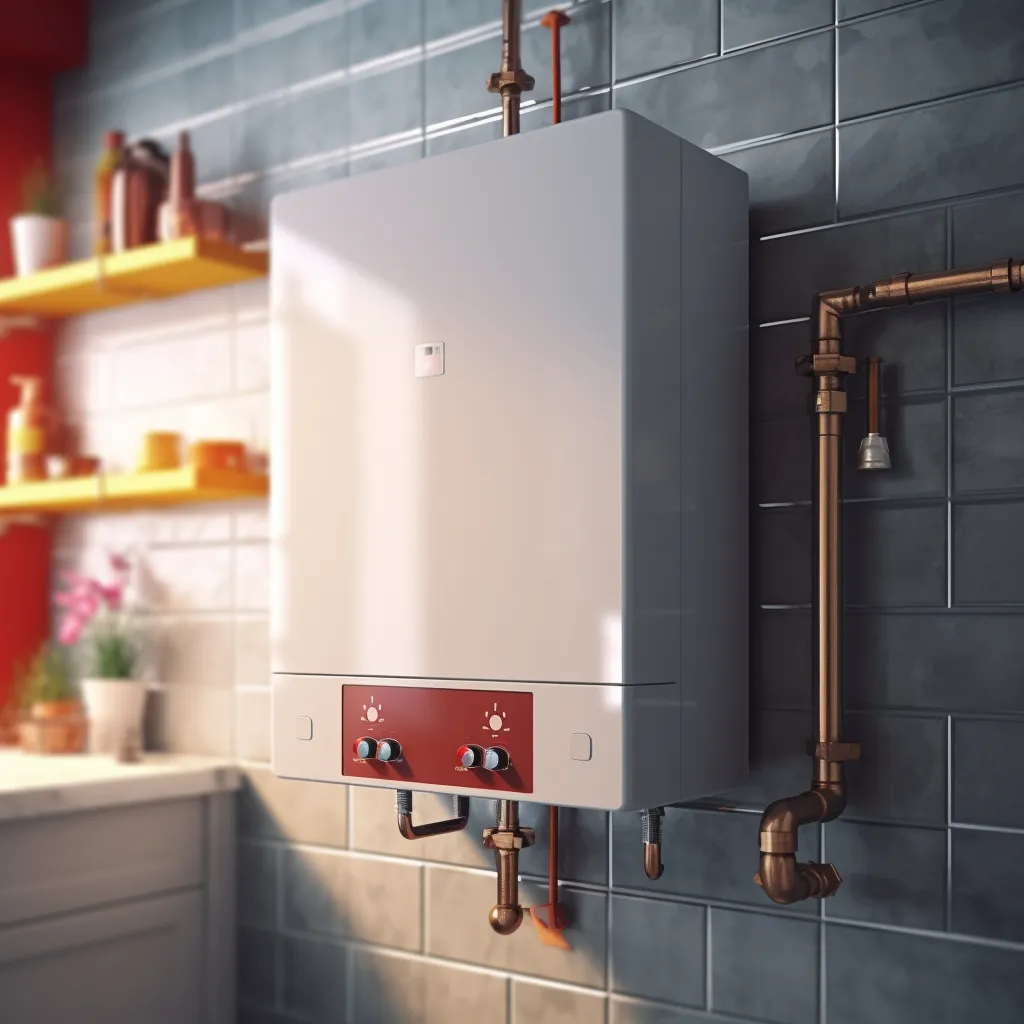
Troubleshooting tips
to help you identify
water heater problems
If you're facing issues with your water heater, such as insufficient hot water, temperature fluctuations, unusual noises, or leaks, troubleshooting can be an initial step before seeking professional assistance.
By taking these simple troubleshooting steps, you may be able to identify and potentially resolve the issues with your water heater, saving time and money. However, if the problems persist or if you are unsure about performing these tasks, it is advisable to consult a qualified technician for professional assistance.

Benefits of hiring a licensed water heater professional
When faced with a damaged or malfunctioning water heater, prioritizing your safety and comfort is essential. Hiring a licensed plumber ensures that the issue is effectively addressed, providing you with numerous benefits, including:
Expertise and knowledge: Licensed plumbers have undergone training and possess the necessary expertise to diagnose and resolve water heater problems accurately. They are familiar with various types of water heaters and can recommend the most suitable solutions.
Compliance with regulations: Licensed plumbers are well-versed in local building codes and regulations, ensuring that the repair or replacement of your water heater meets all necessary requirements. This ensures the safety and legality of the work performed.
Proper equipment and tools: Licensed plumbers have access to the right tools and equipment needed to handle water heater repairs or installations efficiently. They are equipped to handle the job safely and effectively, minimizing the risk of accidents or further damage.

Research is important
Proper water heater maintenance is a smart investment that can save you time and money. Regularly monitoring the temperature, pressure, and connections, checking for corrosion and sediment buildup, and researching common malfunctions are essential practices. It's also important to learn about the specific maintenance requirements of your water heater type and consult a licensed professional for guidance when needed. By prioritizing maintenance, you can ensure optimal performance, longevity, and energy efficiency while minimizing the risk of costly repairs or replacements
Contact Us
GET IN FULL TOUCH
PHONE: (267) 715-3102
EMAIL:
tyler@waterheatersphiladelphia.com
Water Heaters Philadelphia
Philadelphia, PA 19147
